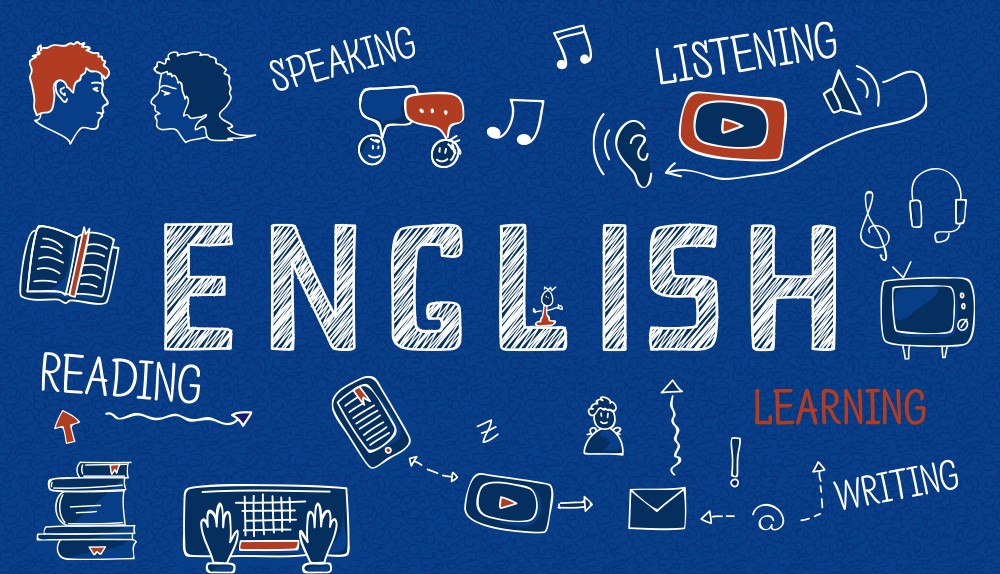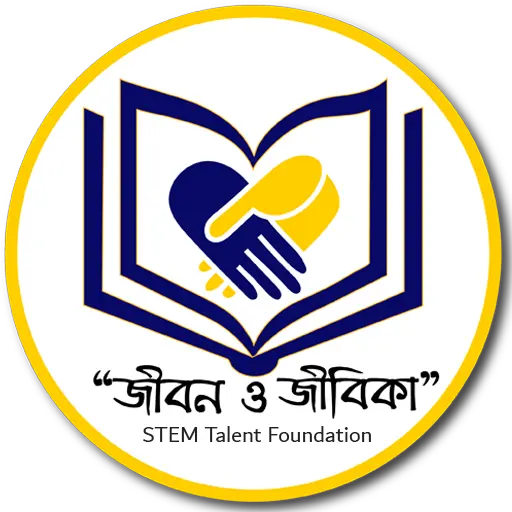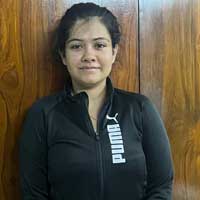
Class VII Curriculum for Language and Literature
Reading
1) Literary/ non-literary texts on a wide range of themes covering different genres and registers. The themes may include:
- Self, Family, Home, Friends and Pets
- Neighbourhood and Community at large
- The Nation – diversity (sociocultural, religious and ethnic, as well as linguistic heritage
- Myths/legends/folktales)
- The World – India’s neighbours and other countries (their cultures, literature and customs)
- Adventure and Imagination
- Sports and Yoga
- Issues relating to Adolescence (drugs, values, life skills)
- Science and Technology
- Peace and Harmony
- Travel and Tourism
- Mass Media
- Art and Culture
- Health and Reproductive health
- Famous Personalities & achievers,
- Environmental concerns – water conservation, cleanliness and sanitation, Safety –personal safety & awareness about child abuse, conservation of energy, Sustainable development
2) Extensive and intensive reading of the texts for comprehension, inference etc.
3) Focus on choice of vocabulary/figurative language and tone/mood used in the text.
4) Deconstruct the textual piece to enhance understanding of the structure used by author.
Writing
- Write messages, invitations, short paragraphs, letters (formal and informal) applications,
- Simple narrative and descriptive pieces, etc.
- Creative writing: stories, poems etc.
- Organize and structure thoughts in writing.
- Organise and structure meaningful sentences in a sequential manner.
- Use of linkers such as however, therefore etc. to link sentences to indicate passage of time and provide a sense of closure.
- Age appropriate use of words and phrases.
- Follow process approach to writing. planning, revising, reviewing editing, rewriting.
Grammar and Vocabulary in Context
- Countable and uncountable nouns
- Simple Tense (Past, Present and Future)
- Singular and Plural & Continuous Tense (Present, Pastand Future)
- Adverbs & Adjective
- Subject and Predicate
- Punctuation
- Preposition
- Direct & Indirect Speech
Literature
- Countable and uncountable nouns
- Simple Tense (Past, Present and Future)
- Singular and Plural & Continuous Tense (Present, Pastand Future)
- Adverbs & Adjective
- Subject and Predicate
- Punctuation
- Preposition
- Direct & Indirect Speech
- Novels by Gerard Durrell
- Malgudi Days – R.K. Narayan
- I am Malala – Malala Yousafzai
- Detective stories – Agatha Christie
- The Lost World – Sir Arthur Conan Doyle
- The Happy Prince and Other Tales – Oscar Wilde
- Animal Farm – George Orwell
- Tuck Everlasting – Natalie Babbit
- Short Stories (O’ Henry/ Saki/ Leo Tolstoy/Rudyard Kipling/ Guy De Maupassant/Mark Twain/ Oscar Wilde/Jorge Luis Borges/William Faulkner/Anton Chekhov/ Edgar Allen Poe/Franz Kafka/Earnest Hemingway /Flannery O’Connor/James Joyce/Ray Bradbury/Roald Dhal/ Nicolai Gogol and Translations from Indian writers like Tagore, Premchand , etc.)
- Something Out of nothing
- Marie Curie and Radium – Carl Killough
- Ignited minds – APJ Kalam
- Graphic Novels: Tintin Series/ Asterix series





